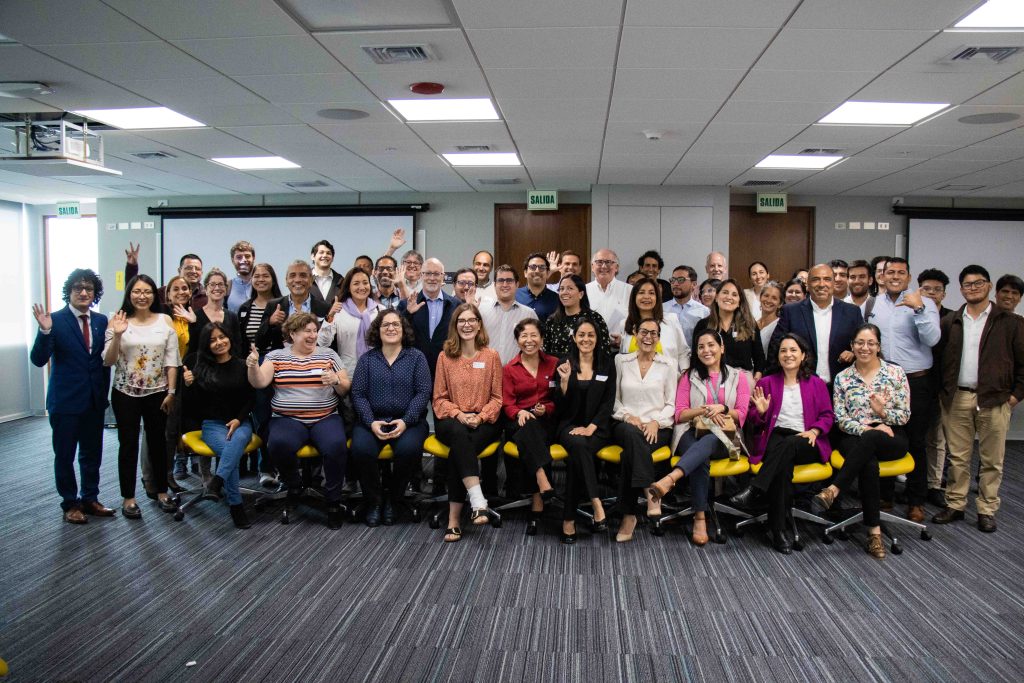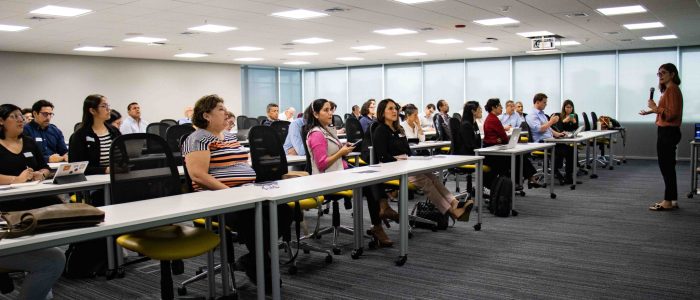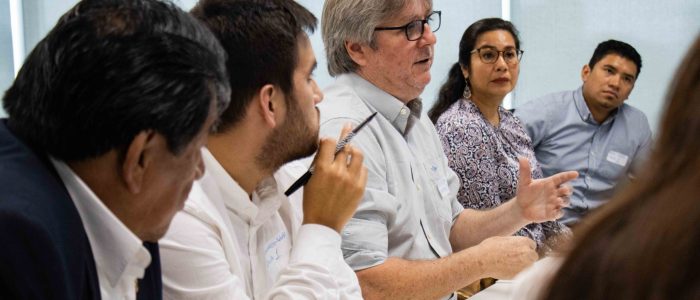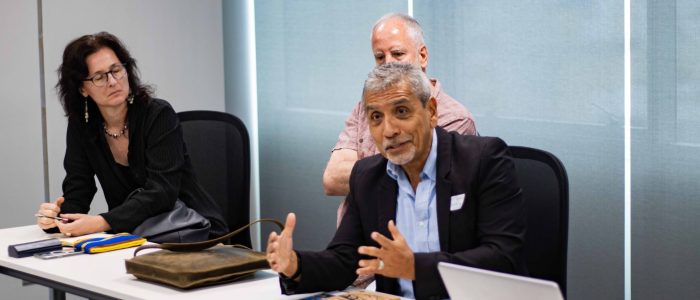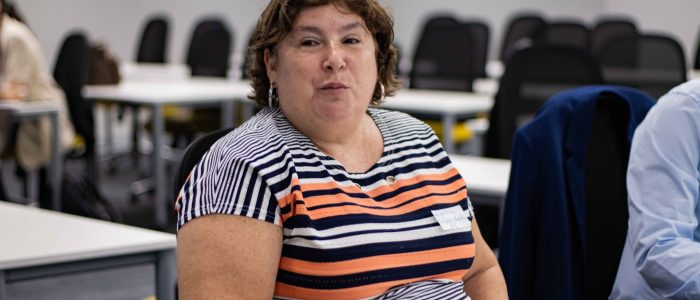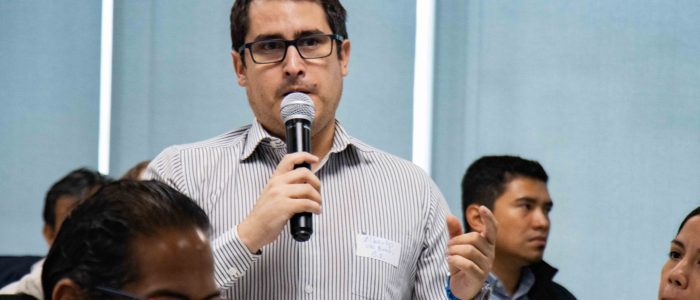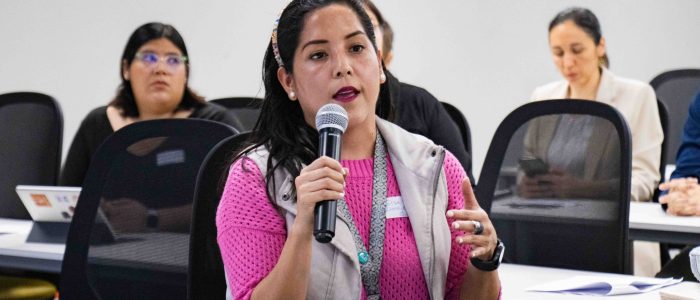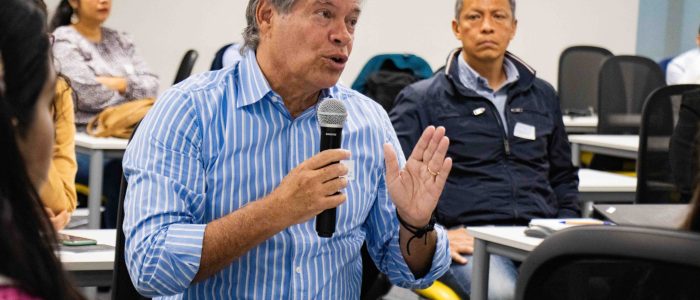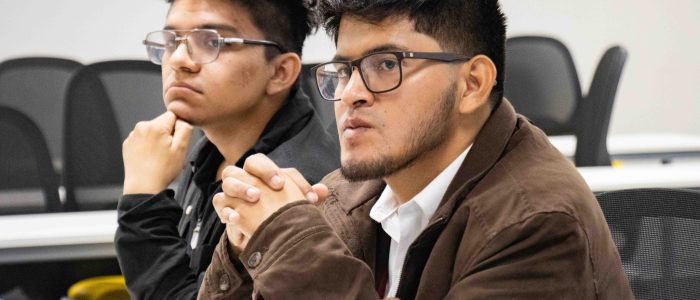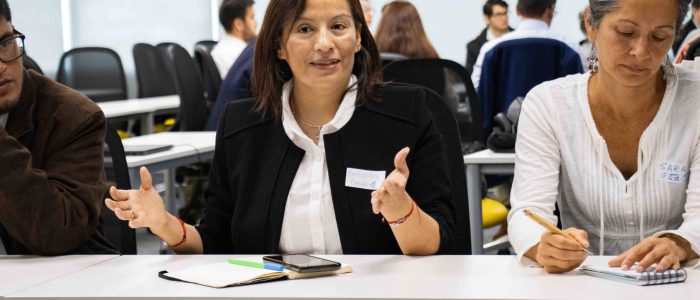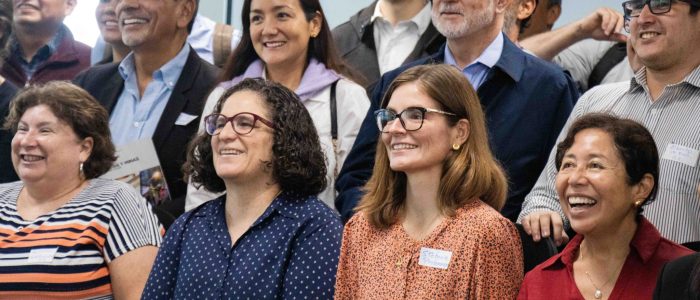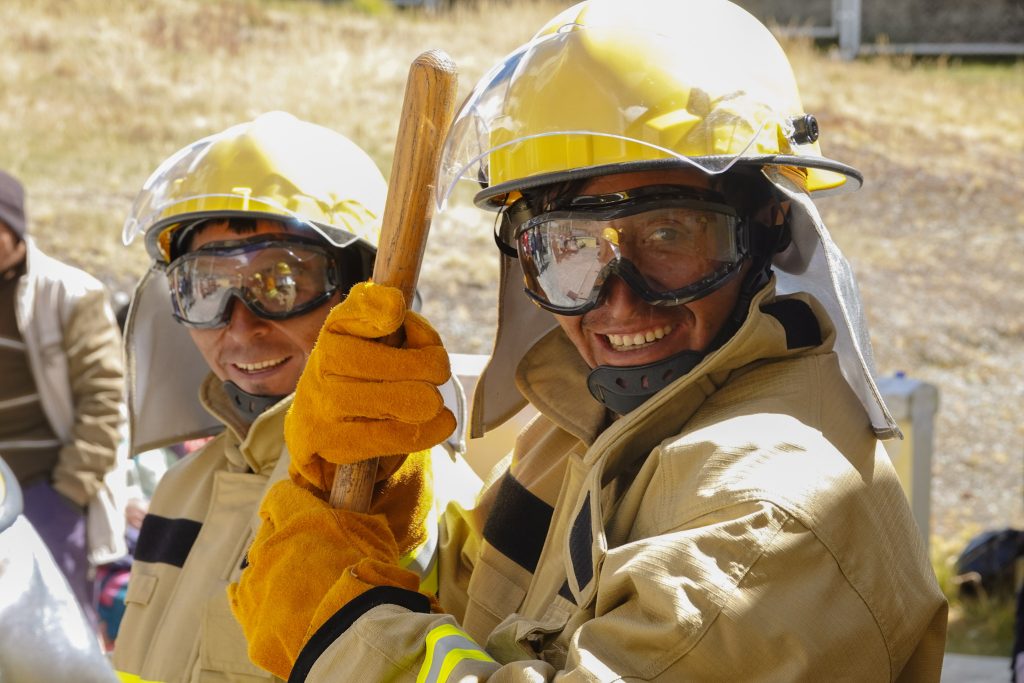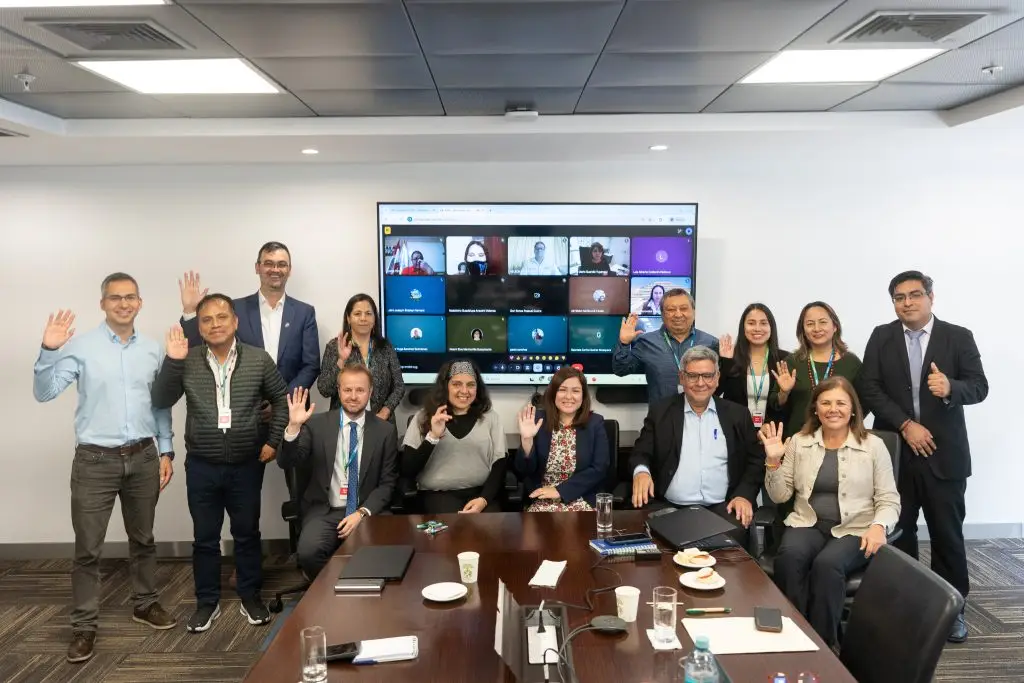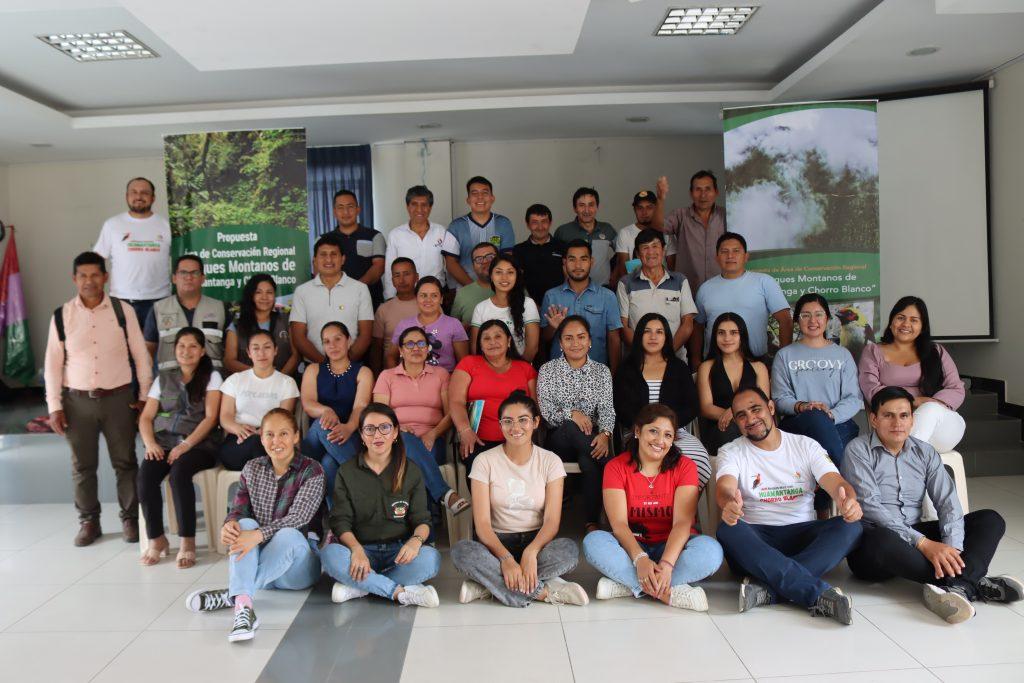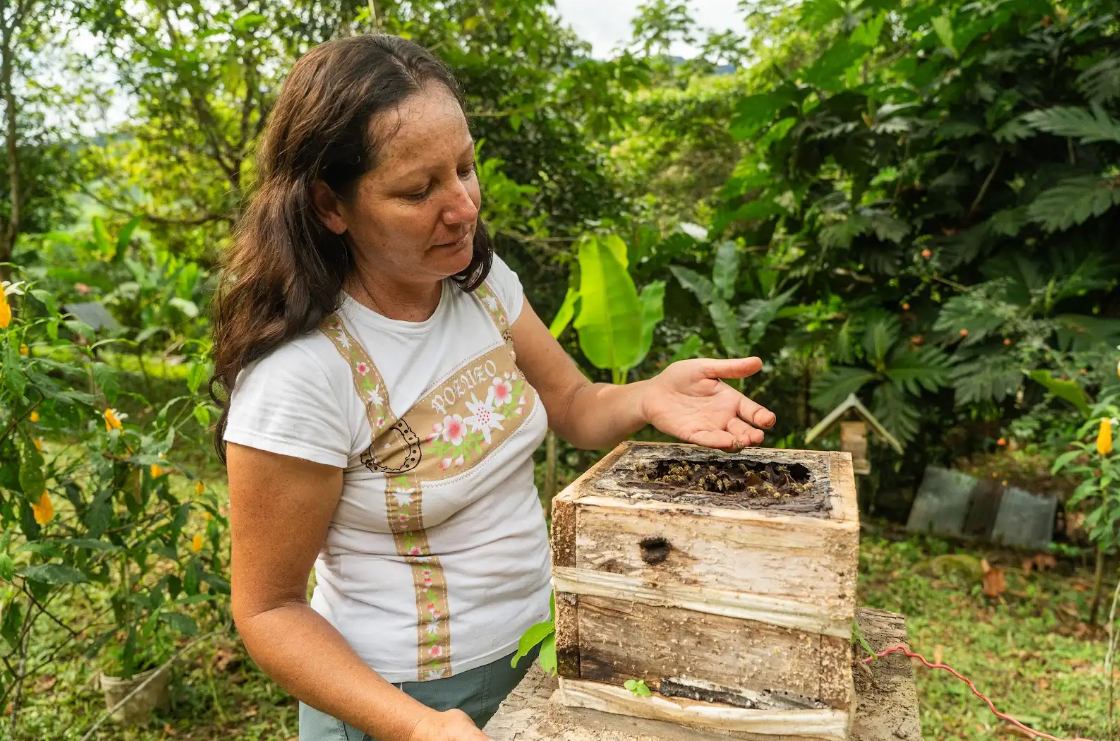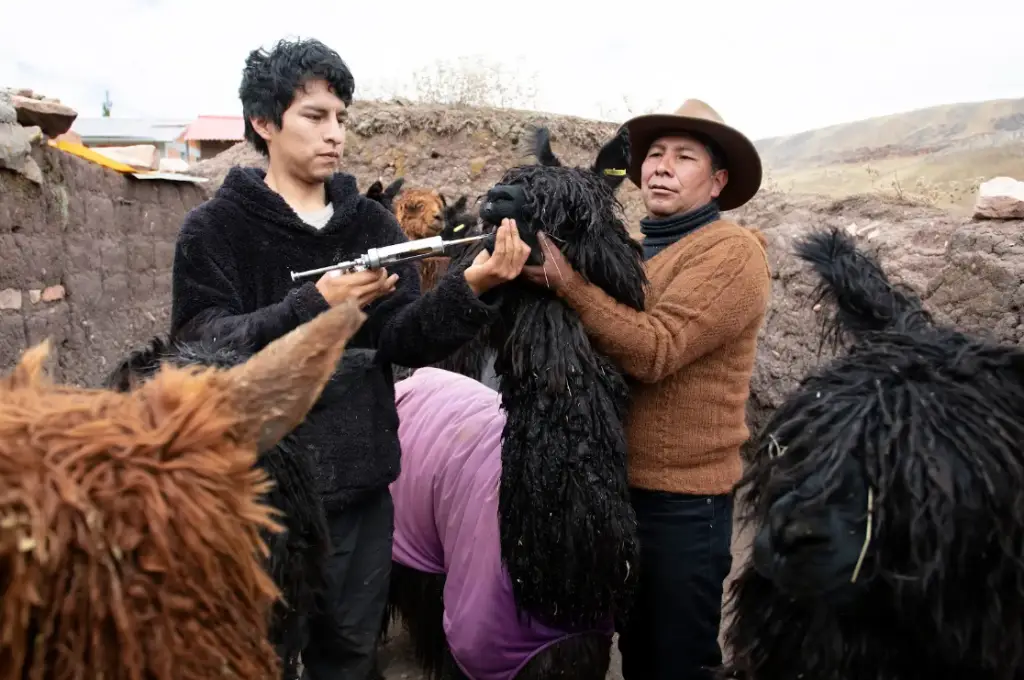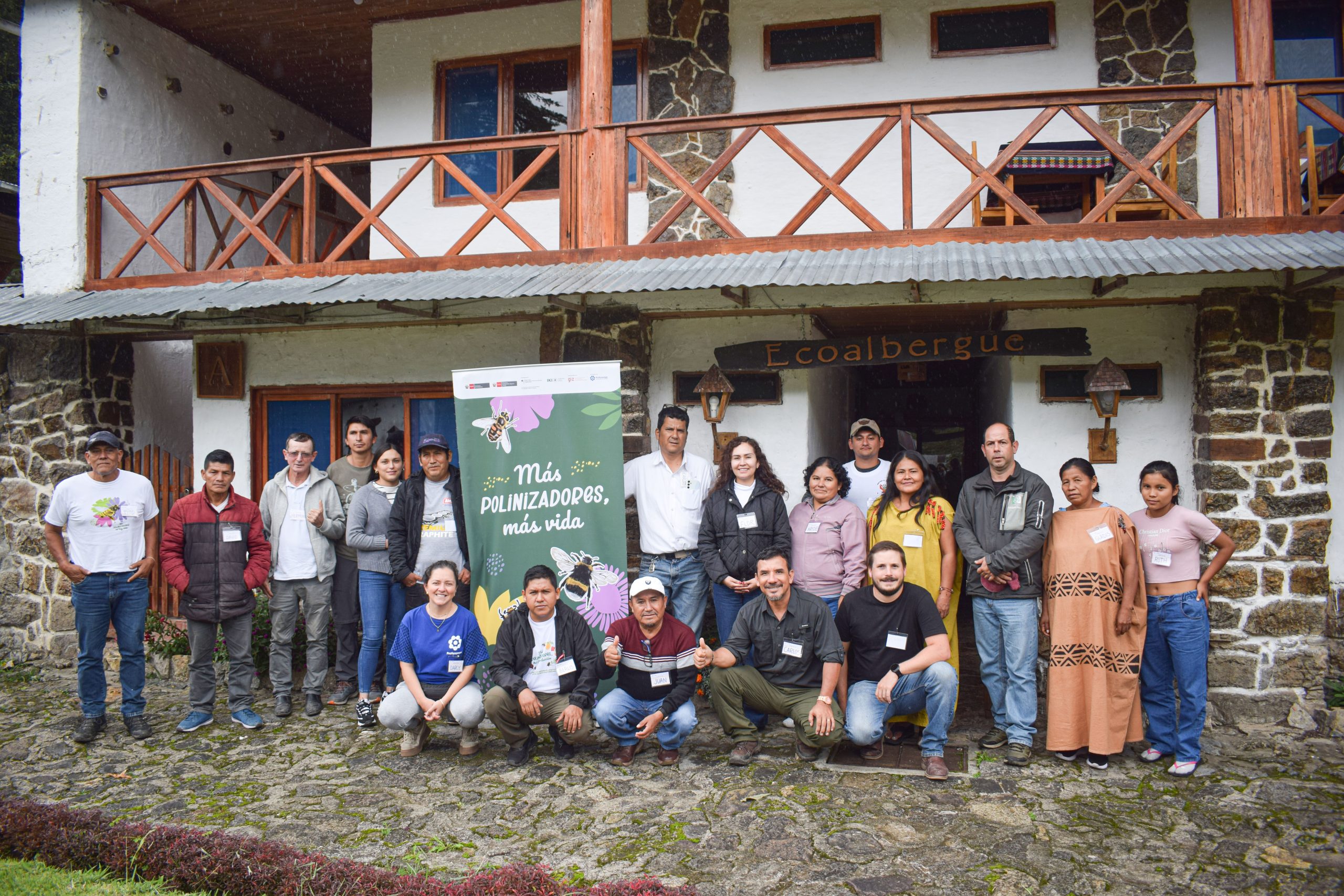As part of our thirtieth anniversary, Profonanpe closed this year’s roundtables with a meeting that brought together diverse voices from the public and private sectors and civil society to learn more about the design of a seed funding revolving fund model for the development of projects in the voluntary carbon market.
This approach fostered a constructive dialogue to address the conditions necessary for the operation of the model, design the financial mechanism and discuss the distribution of responsibilities and benefits among the stakeholders involved.
Peru has enormous potential to develop carbon projects, mainly Nature-Based Solutions (NBS). However, the Peruvian carbon market is small and complex, making it difficult to develop projects.
Stefanie Delgado, Director of Investment Portfolio Management at Profonanpe emphasized: “We have the Voluntary Carbon Markets Integrity Initiative, which is basically generating guidelines for corporations to ensure that the purchase of credits goes hand in hand with an action plan to reduce emissions, and that the purchase of credits is simply one more tool on that path.”
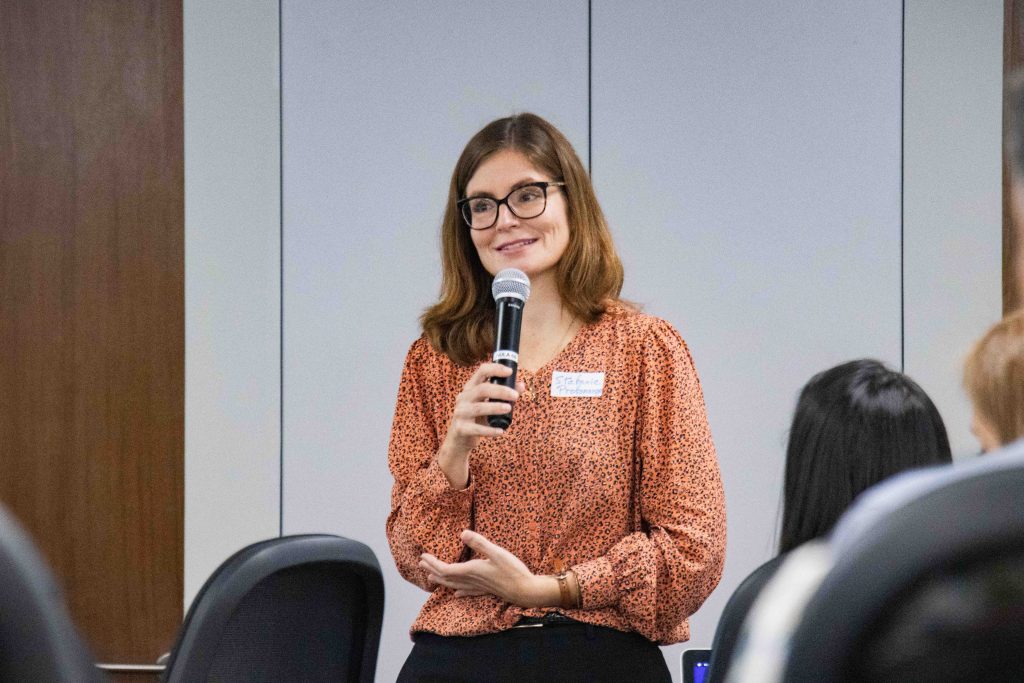
At Profonanpe, we have been designing a seed funding fund for the financing of NBS carbon projects. The fund will finance the initial stages of these projects, which are crucial to their success. Funded developers will be required to meet the highest environmental standards and involve local/indigenous communities as partners. They must also repay the fund through the sale of credits.
Main conclusions
Profonanpe’s roundtables identified a set of challenges and opportunities for the Peruvian carbon market. Among the challenges are the need for adequate legislation and regulation, modifying the Forestry Law, aligning individual project management systems with national legal systems, establishing fiscal and financial incentives, and integrating small producers into reforestation initiatives.
Regarding the responsibilities and benefits of the stakeholders involved, the importance of highlighting the philanthropic vision of the fund, establishing investment policies that guarantee the sustainability of the projects and the equitable distribution of benefits, effectively communicating the project to the communities, and including the gender perspective in the formation of new projects were emphasized.
In general, the roundtables highlighted Peru’s potential to develop carbon projects, but also emphasized the need to address the challenges identified for the Peruvian carbon market to become an effective mechanism for climate change mitigation and sustainable development.


